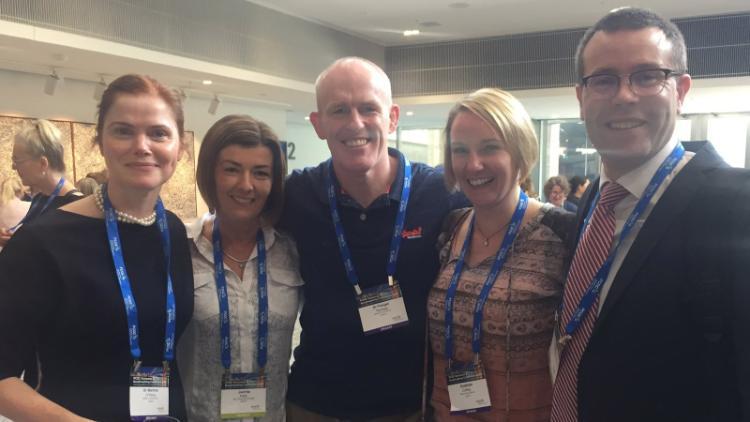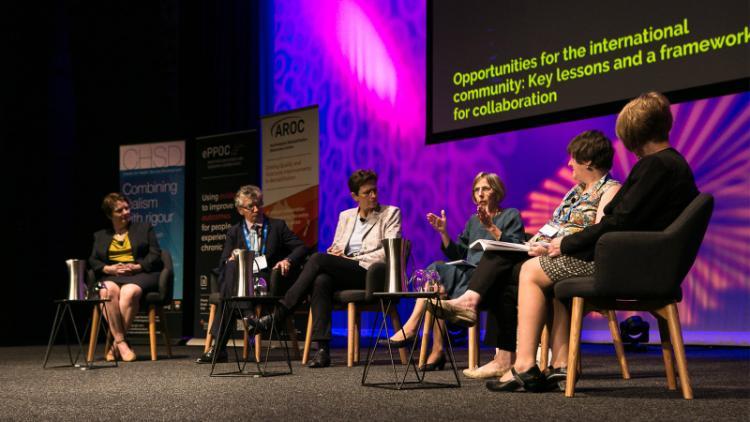This welcome to country is not just from a traditional perspective, but both an Australian and Aboriginal perspective.
I am delighted to welcome each and every one of you to this international conference and to the vibrant city of Sydney.
There are so many friends in the room, this is fantastic, and it’s like an old school reunion. Thank you for your participation and for being with us on this 14 year journey.
So welcome to our panel. We’ve got some questions that we want to put to the panel and a conversation I want to encourage between our panellists.
Good morning everybody, welcome to day two of the conference. We’ve got a really exciting program today and I’m thrilled to see everybody back.
I have very much enjoyed the conference, the two days have been wonderful, particularly the opportunity to discuss with colleagues both in Australia and from different countries and together we can find solutions to the challenges.
Thank you for what you’re doing, your advocacy, your campaigning, and your professional health care is to be admired and we are a very grateful government for it, on behalf of the Australian people.
I feel honoured to be here to be able to participate in the conference but also to give a presentation and I think Kathy and the whole team and really all the palliative care service are doing a great job with people, not only improving patient care on the ground but showing that the whole country is moving on and that you have been able to improve the quality over the years in palliative care, and I think that is really outstanding.
 PCOC in Europe
PCOC in Europe




